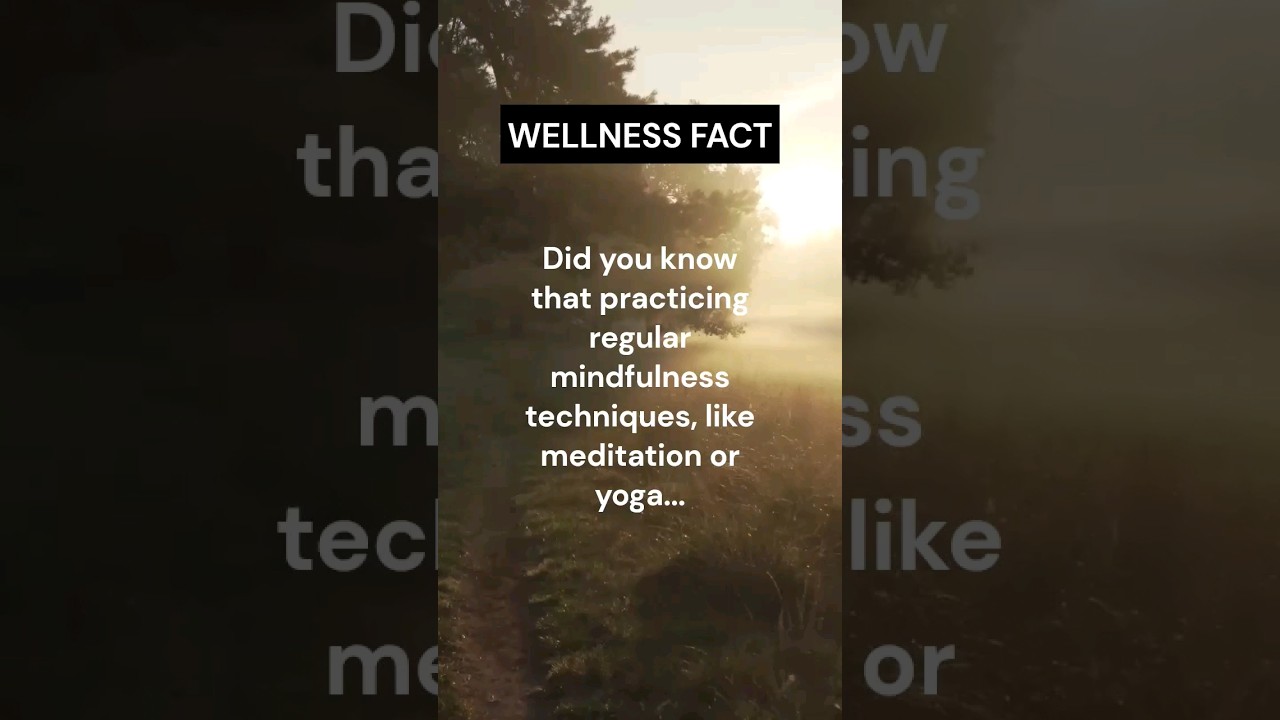When a person feels extreme emotions the body’s
response is the release of adrenaline. The heart starts to race, the hands
start to sweat, and you want to escape, which is that flight-or-flight mode. Another
name for adrenaline is epinephrine. This hormone lives in the central nervous
system and is produced by the medulla in the adrenal glands. These glands are
found on top of the kidneys. The pituitary gland controls the adrenal glands. Our
brain receives emotional information and sends it to the amygdala. Here, the emotional state is
processed. When a stressful situation arises, adrenaline is released
into the blood, which then sends signals to the organs to respond. Adrenaline
binds to the receptor cells of the lungs, and the person starts to breathe
faster.
The response that adrenaline creates,
flight-or-flight, causes air passages to dilate in order for the muscles to
receive adequate oxygen in case the body needs to fight or flee. At the same
time, the blood vessels contract in order to re-direct the blood towards the
major muscles who might be involved, particularly the heart and lungs. The body
also becomes Superman and can almost feel no pain during this time. This is a
person who hasn’t ran in years can suddenly run when threated by danger. During
this stressful time, the body also increases in strength and performance.
Adrenaline is a weapon for survival. However, there
are times when the body can release adrenaline during unnecessary times. A
person might feel stressed, but that doesn’t mean there is real danger near. When
this happens, glucose levels rise, and a person become restless and irritable
with all this pent-up energy. Feeling dizzy, light-headed, and having a
headache can also occur. High levels of unnecessary adrenaline can lead to insomnia,
heart damage, feeling nervous as well as jittery. Having too little adrenaline is
rarely the case.
The body does not need constant and chronic stress. The
reaction of adrenaline can happen so fast that a person doesn’t even realize
it. Some people even seek adrenaline rushes by taking part in skydiving,
ziplining, watching scary movies, or bungee jumping. For those people who
necessary seek adrenaline rushes, the nighttime can take care of that situation
for them. Adrenaline likes to surface when a person is laying down at night and
thinking about what is going to happen tomorrow. This worry and anxiety can
make a person feel restless. Certain noises can stir up adrenaline.
It is important to stop and breathe and take a moment
when this unwanted rush starts to happen. This can be done with breathing
technique or meditation, or merely practicing self-awareness. Adrenaline isn’t
all bad, in fact a person might not be able to jump out of the way of an
oncoming car if it weren’t for this hormone. When adrenaline is heightened
frequently in the body, the ongoing rush of emotions can take its toll mentally
and physically. Taking time to relax and recover or even exercise to release
stress naturally should be highly considered and practiced. Your heart rate
will tell you when it’s time to slow down, ground yourself, and realize what
can be altered to avoid triggers. Take a nice bath with lavender to end a stressful
day. We don’t always have to fight-or-flee, rather, we can just breathe and be
in the moment.
https://www.ncbi.nlm.nih.gov/pmc/articles/PMC3056281/
https://www.healthline.com/health/adrenaline-rush
https://www.healthline.com/health/epinephrine-vs-norepinephrine
https://www.ncbi.nlm.nih.gov/pmc/articles/PMC2858344/
https://www.mayoclinic.org/healthy-lifestyle/stress-management/in-depth/stress/art-20046037



